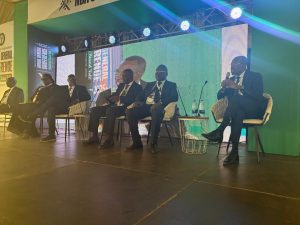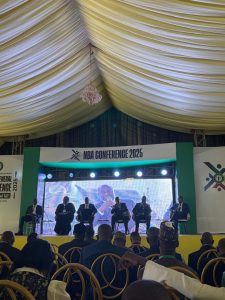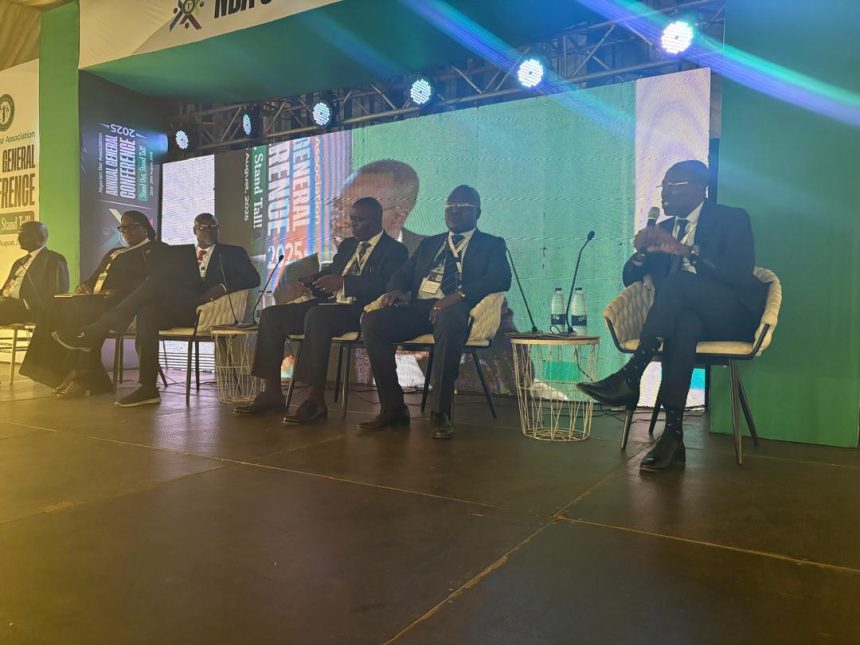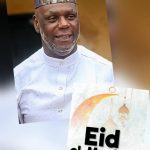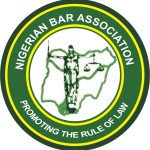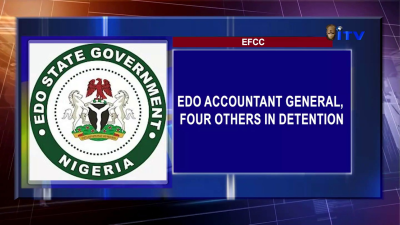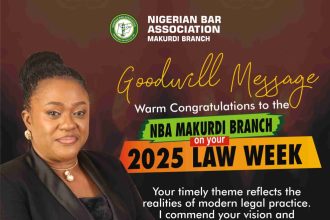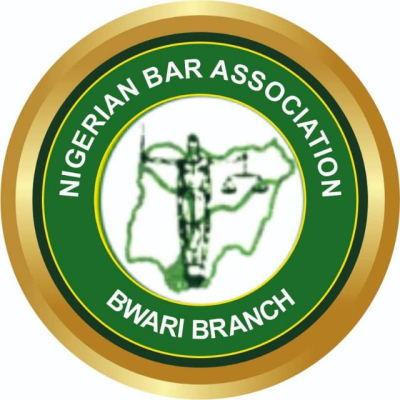At the 65th Annual General Conference of the Nigerian Bar Association (NBA) held in the Coal City of Enugu, a breakout session (Panel Session VIII) themed “Owning in a Changing Environment” took center stage, examining the evolving complexities of land ownership, administration, and conveyancing in Nigeria.
The session featured a distinguished panel led by Hon. Justice B.A. Waziri as Lead Speaker, with contributions from Adeleke Agboola, SAN, Paul Harris Ogbole, SAN, Chief Mrs. Tariere Egbegi, and Jonathan Gunu Taidi, SAN, while Olusegun Fabunmi, SAN, moderated.
Introduction: Land as the Foundation of Wealth and Identity
Panelists emphasized that land remains one of nature’s most central gifts—providing food, shelter, mineral resources, infrastructure, and wealth formation. Beyond economics, land embodies ancestry, heritage, and social status, making disputes over ownership both inevitable and deeply emotive.
Speakers traced Nigeria’s land ownership history, highlighting the interplay between customary practices, colonial ordinances, post-independence statutes, and global influences. The Land Use Act of 1978 was described as a landmark reform that centralized control in the hands of state governors while still coexisting with constitutional guarantees of property rights.

The Concept of Ownership in Law and Society
Justice Waziri, drawing from legal scholarship, reiterated that ownership is the most comprehensive right over property, encompassing possession, enjoyment, exclusion, and disposal. Citing Professor Nwabueze, SAN (late), and Salmond, the panel noted that ownership in Nigeria is both legal—enforceable by statutory and judicial means—and social, shaped by culture and communal relations.
Challenges in a Changing Environment
The session highlighted current pressures reshaping property rights:
- Urbanization has intensified land disputes.
- Customary vs statutory tensions continue to complicate inheritance and transfer of land.
- Gender equality movements are redefining access to land ownership, challenging entrenched patriarchal norms.
- Bureaucracy under the Land Use Act has slowed down transparency and efficiency in land administration.
- Probate and conveyancing processes remain plagued by delay, corruption, and poor documentation.
Conclusion: Reform as a National Imperative
In their closing reflections, the speakers agreed that Nigeria’s land ownership framework requires urgent reform. While the Land Use Act sought to create order and equity, its rigid structure and centralized bureaucracy have deepened challenges.
The future of land ownership, they noted, must prioritize:
- Constitutional protection of property rights.
- Gender equity in inheritance and ownership.
- Technological advancement in land administration.
- Transparent conveyancing and probate systems.
- Affordable housing policies.
- Environmental sustainability in property development.
Ultimately, panelists affirmed that property is more than an asset—it is a pillar of national development, social stability, and individual dignity. The NBA was urged to continue championing reforms that would make land ownership in Nigeria transparent, equitable, and efficient.

Find Attached:
Owning in a Changing Environment: NBA-AGC Panel Dissects Land Use.
Read More:
NBA Sues Police Authorities Over Delay in Conversion and Promotion of Lawyers in the Force
Photos:

